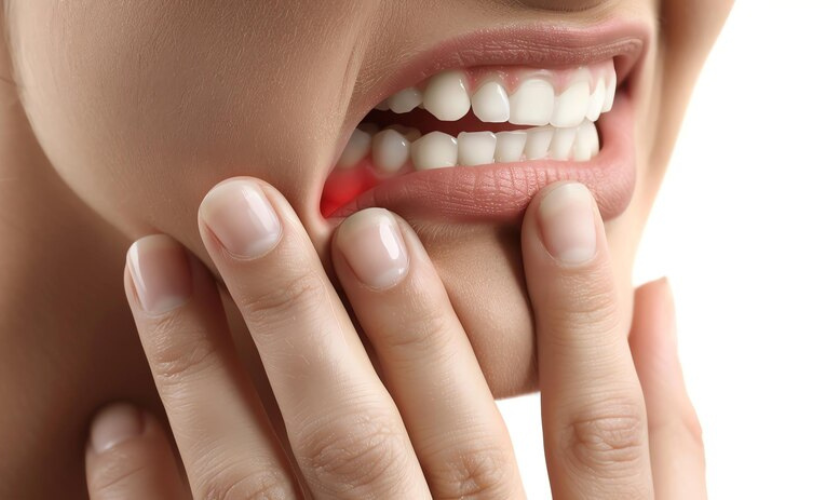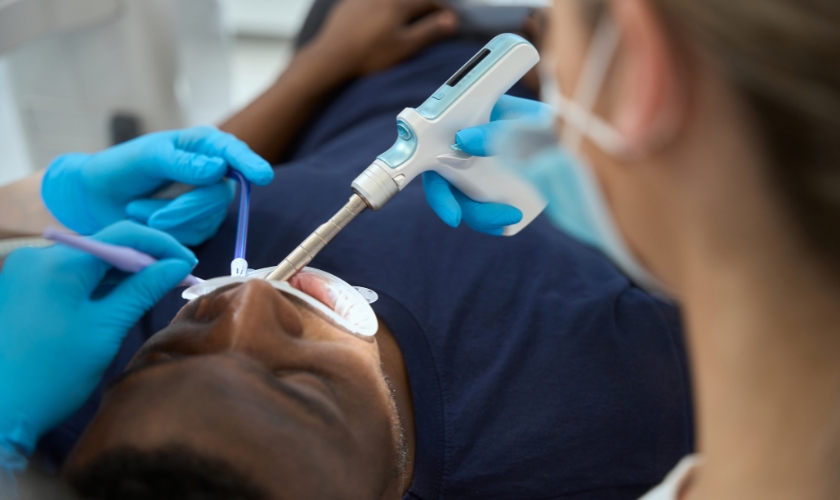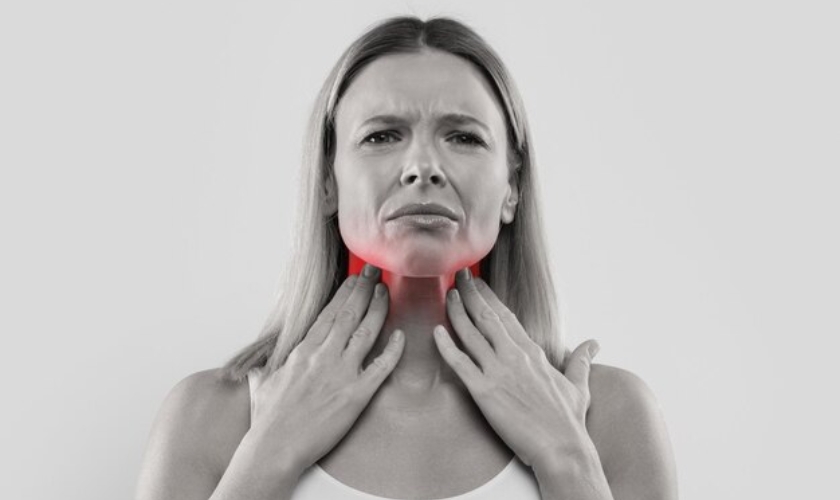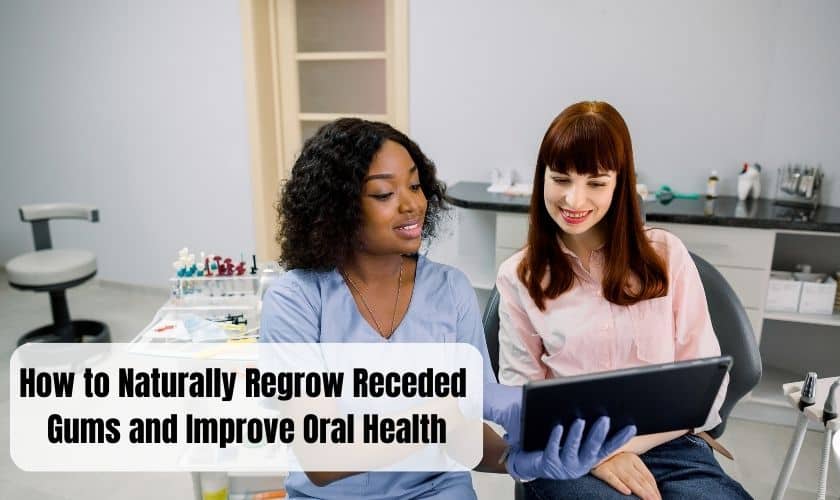
What are Receded Gums?
Receding gums, a prevalent oral health issue, involve the loss of gum tissue surrounding the teeth. This condition can result in teeth appearing longer than normal and may lead to heightened sensitivity and an elevated risk of tooth decay. Multiple factors can contribute to receding gums, including genetic predisposition, periodontal disease, aggressive brushing habits, and tobacco product usage. Fortunately, there are several natural methods to promote gum tissue regeneration and maintain oral health.
Some of the best ways to regrow receded gums include eating a healthy diet, practicing good oral hygiene, using a soft-bristled toothbrush, and massaging your gums with natural oil. You can also try using home remedies such as aloe vera or tea tree oil. If you’re looking for a more long-term solution, you can get gum graft surgery to replace the lost tissue. However, this should be considered as a last resort option.
Causes of Receded Gums
Various factors contribute to receding gums, with the primary factor being compromised oral health. Gum disease, a prevalent cause, is a bacterial infection affecting the gums and the underlying tooth-supporting bone. It can stem from multiple factors such as inadequate oral hygiene, smoking, and diabetes. Less frequent contributors to receded gums encompass hormonal shifts, specific medications, and genetic susceptibility.
Often, the precise cause of receding gums remains unidentified. Nevertheless, several risk factors heighten the likelihood of experiencing this condition. These risk factors encompass subpar oral health practices, tobacco use, diabetes, and specific medications. If any of these risk factors apply to you, it is crucial to maintain regular dental checkups to enable the early detection and prompt treatment of any initial indications of gum disease, prioritizing your oral health.
Natural Remedies for Regrowing Receded Gums
There are a few natural remedies that can help to regrow your receded gums. One such remedy is oil pulling. Oil pulling is an ancient Ayurvedic practice that involves swishing oil around in your mouth for 20 minutes each day. This helps to remove bacteria and toxins from your gums and teeth, and can also help to reduce inflammation.
Another natural remedy for receding gums is using aloe vera gel. Aloe vera gel has anti-inflammatory and antibacterial properties, which can help to heal your gums and reduce the size of your gum pockets. Simply apply the gel to your gums twice per day.
Finally, make sure you’re getting enough vitamin C in your diet. Vitamin C is essential for healing tissue, and it can also help to reduce inflammation. You can get vitamin C from foods like oranges, strawberries, bell peppers, and broccoli. Alternatively, you can take a supplement.
Diet and Lifestyle Changes for Regrowing Receded Gums
When it comes to naturally regrowing receded gums, diet, and lifestyle changes can make a big difference. Here are some specific things you can do to help improve the health of your gums:
1. Quit smoking. Smoking is a major risk factor for gum disease, so quitting is essential for Gum Regrowth.
2. Improve your oral hygiene habits. This means brushing twice a day, flossing daily, and using an antibacterial mouthwash.
3. Eat a healthy diet. A balanced diet that includes plenty of fresh fruits and vegetables is important for overall health, including gum health.
4. Reduce stress levels. Stress can contribute to gum disease, so finding ways to relax and de-stress is important for gum regrowth.
5. Get regular exercise. Exercise helps improve circulation and can also reduce stress levels, both of which are good for gum health
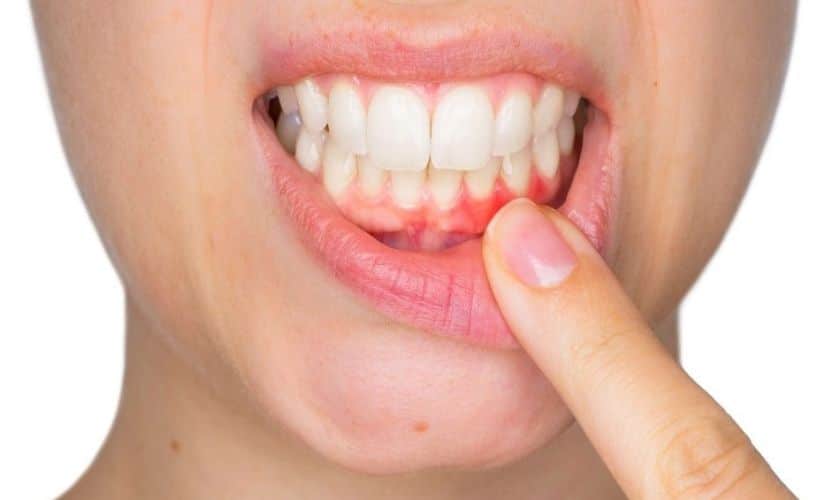
Professional Treatments for Regrowing Receded Gums
When it comes to professional treatments for regrowing receded gums, there are a few options available. One option is called gingival grafting, which is where a small piece of gum tissue is taken from another area of the mouth and transplanted to the area of recession. Another option is called periodontal surgery, which is a more invasive procedure that involves cutting away the diseased gum tissue and then stitching the healthy tissue back in place. Lastly, there is dental laser therapy, which uses lasers to remove damaged gum tissue and promote new growth.
If you are considering one of these professional treatments for regrowing your receded gums, be sure to consult with your dentist or periodontist first to see if you are a good candidate for the procedure.
Prevention Tips to Avoid Gum Recession
1. Regular dental checkups and cleanings are vital for keeping your gums healthy.
2. Be sure to brush your teeth twice a day and floss at least once a day.
3. Use a toothbrush with soft bristles to avoid irritating your gums.
4. Quit smoking or using tobacco products to decrease your risk of gum disease.
5. Eat a healthy diet and avoid sugary foods and drinks that can damage your teeth and gums.
6. Manage any health conditions that you have, such as diabetes, to help keep your gums healthy.
Receding gums can be a difficult condition to manage. However, with the right approach and products, you can naturally regrow receded gums. This guide offers an in-depth look at how to properly care for your gums and which natural remedies work best. Whether it’s using special toothpaste or mouthwashes or consuming certain foods, these tips will give you a head start on getting your smile back to its original beauty. With the help of this ultimate guide, you’ll soon have healthy gums that not only look great but also feel great!
FAQs
Yes, you can! While it may take some time and effort, it is possible to encourage your gums to grow back using natural methods. This guide will show you some of the best ways to do so.
There are a few things that can cause your gums to start receding, including brushing too hard, Periodontal disease, and genetics. Be sure to talk to your dentist about what might be causing your particular case of gum recession.
While gum recession isn’t usually painful, it can be dangerous if left untreated. This is because the roots of your teeth become exposed when your gums recede, leaving them vulnerable to decay and infection. If you think you might have gum recession, be sure to see your dentist right away so they can help you treat it before it gets worse.
